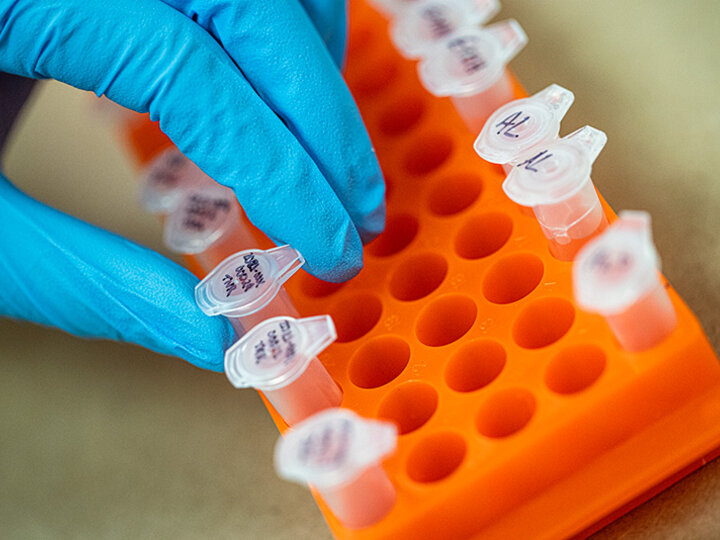Forensic Biology

We develop the world’s next great scientists by getting students out of the book and into the lab.
Forensic biology is the application of genetics, cell and molecular biology, and chemistry to link a person(s), whether suspect or victim, to a place, an object(s), or another person. Such linkages can be used to further investigations for both criminal and civil cases. Forensic biology often involves the identification of body fluids and tissues, as well as the use of DNA to derive patterns that can have probative value. Topics relevant to forensic biology include biological evidence examination, documentation, blood and body fluid screening and confirmatory tests, DNA extraction, quantitation, PCR amplification, allele detection, genotyping, DNA profile interpretation, statistical weight calculations, and quality assurance/quality control measures.